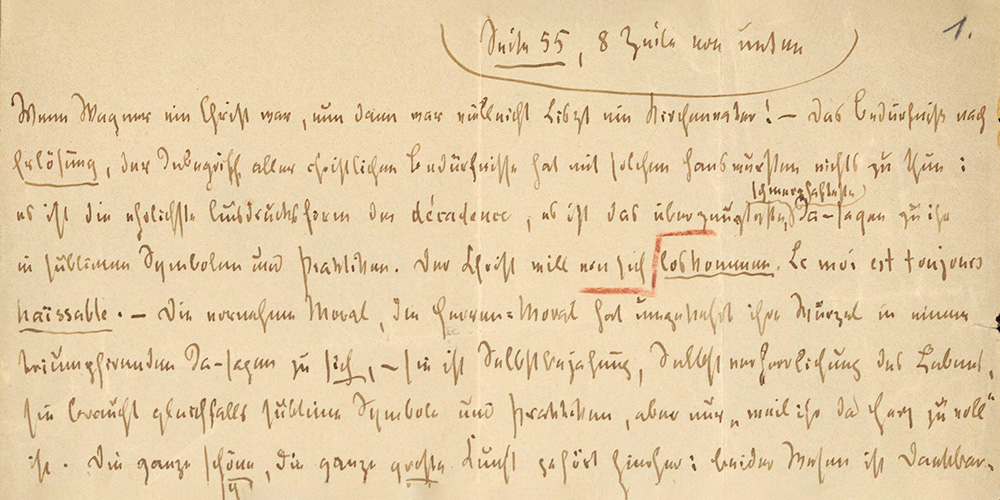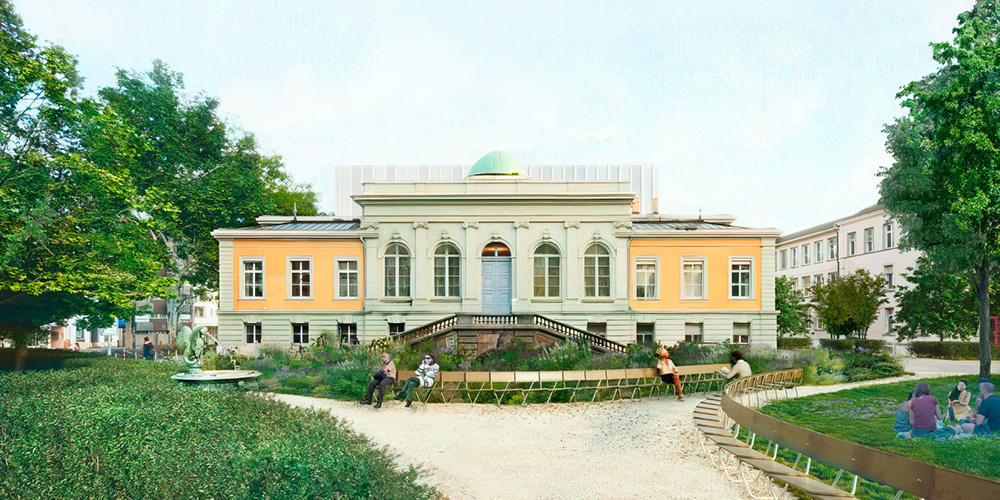“Research is about identifying opportunities and combining the strengths of others with your own ideas”

Christian, congratulations on your second ERC advanced grant!
Thank you. I am very grateful to the EC for this. The ERC is the best funding scheme I have ever seen. It will allow me to do research in the wonderland of materials on materials that are only one atom layer thick, but reveal a plethora of novel (and often unexpected) properties when various layers are stacked on top of each other in a controlled manner.
Besides your ERCs, you are involved in the EU Graphene FET flagship project and you have been one of only three coordinators of an EU collaborative research project at Uni Basel. At the same time, you are the director of the SNI (Swiss Nanoscience Institute), which emerged from the NCCR you lead. Is there a secret to your success? Is there any advice you can give to young researchers?
Research is about identifying opportunities and combining the strengths of others with your own ideas. The exchange with colleagues is absolutely crucial. It's a give and take. Share ideas and you will get new ones. I like to add here, that I owe a lot to the SNI management team, which is so effectively working together that I have very little to do as SNI director. I have learned during my own career how crucial it is to empowering others, give them freedom and be willing to listen. In terms of proposal writing I try to convince the reader of a vision and to use a comprehensible, readable and not too technical language. The aim is to stand out from the mass. Also, don’t be discouraged if a proposal gets rejected. This has happened to me many times. Keep trying and work on improvements.
You mentioned the importance of exchanging and collaborating with colleagues. In your opinion, do collaborative research instruments such as FET or NCCR increase the impact on science and society?
FET flagships are too big in my opinion. Graphene involves more than 150 research groups, which is associated with an enormous coordination effort. Smaller collaborative projects supported by schemes such as FET open or NCCR, on the other hand, add to the research by enabling exchange and fruitful collaboration while keeping coordination manageable and efficient. Collaborative projects at European and international level are particularly interesting because, besides the large radius of scientific exchange, cultural exchange is taking place. This can be very inspiring, and promotes the mobility of young researchers.
Coordinating a collaborative project is associated with administrative efforts, even in smaller projects. From your experience in the NCCR and FET open, what are the advantages of coordinating a collaborative project? And how do you deal with the additional tasks?
You are in a leading role and you can include people you want to work with.Coordinating a project also allows you to define a research agenda with visionary targets that a single research group cannot tackle. It is important to carefully select the staff who will support you in your coordination tasks. It is not easy to find people who have both an understanding of scientific research and the necessary administrative skills. But with good support, the management of such projects is a great boost, both scientifically and personally.
The foundations for the next EU Research Framework Programme (Horizon Europe) are currently being set. The trend is towards a mission-oriented approach, i.e. the research being funded should contribute, in various ways, to achieving societal goals. It is likely that the UN's Sustainable Development Goals will have a major influence in framing FP9. What is your opinion on this?
This is a tendency you see everywhere. I can understand the political efforts to gear publicly funded research towards the needs of society. It is important, however, that the relationship between bottom-up and top-down is balanced. ERC is a wonderland; it allows you to focus on a topic of your choice with minimal administrative duties. Such instruments must remain. Switzerland deals very well with the challenge-driven research. The NRPs are effective in my opinion, and at the same time scientifically attractive. Challenge-driven actions can certainly provide very interesting impulses for academic research.
Challenge-driven research often requires a high degree of inter- and transdisciplinarity. Do the university structures meet the requirements associated with this, and what measures do you think could promote interdisciplinarity?
Efforts to get away from faculty structures have been going on for a long time. There are pros and cons, but above all such structural changes take a lot of time, especially at a university with a long tradition such as the University of Basel. The political efforts at national level to establish universities as centres of competence entail risks. Basel, for example, is the Life Science Hub, very clearly. Other strengths, such as Quantum Sciences, receive less attention. Of course, this does not prevent us from putting our energy into the further development of these strengths. My dream would be an NCCR in this area here in Basel. And who knows? Dreams can become true. We are working on it.
We wish you every success! And that brings us straight to the last question. How satisfied are you with the central administration and how can we support you even better?
Your support is super good. There are great people working in the university administration. I would just like to have a little more flexibility in terms of organisational structures at institutional level. And: Please increase the exchange rate for the Euro in the Grants Tool!


